Amidst India's growing climate challenges, we bring you the story of EcoGram, a remarkable project that transformed a community facing the challenges of waste management and water scarcity. It is a testament to the power of collaborative conservation, showcasing how dedicated efforts can restore a neglected landscape into a thriving ecosystem. Discover how this transformation unfolded in the story below.
From Scarcity to Surplus: How One Water Conservation Project Can Change an Entire Ecosystem
The alarming rate at which natural resources are depleted has placed India as the 6th most affected country by climate-related events, according to the Global Climate Risk Index 2025. With the summer season approaching, warnings around heat waves across the Indian states remind us to introspect and reflect the conditions of our natural resources. The depletion of water bodies has been no secret. Bengaluru, once known as the city of “thousand lakes,” has only 220 lakes, as per a 2024 report.
Understanding the urgency to take charge of protecting the resources that remain overlooked, The Anonymous Indian Charitable Trust (TAICT), a non-profit organisation, has been a custodian of social change since its establishment in 2007. With a strong focus on addressing environmental issues that further lead to health, hygiene and beyond, TAICT partnered with Embassy to launch an initiative in the Bettahalsuru Panchayat in North Bengaluru called The EcoGram Project in 2016.
Located 30 km away from Bengaluru, the Panchayat was plagued by unmanaged waste, with garbage from nearly 2,500 households—around 53 tonnes per month—either dumped or burned, leading to severe air, water, and soil pollution.The vision behind this project aimed to create a model Gram Panchayat through sustainable waste, water, and soil management, creating a replicable framework for other communities to follow.
The EcoGram project focuses on three key areas – waste, water and soil. As part of its commitment to water conservation and stewardship, TAICT works alongside the government, WeWork, and ANZ to enhance lake management and ensure regular upkeep. By strengthening bunds, monitoring water quality, and optimizing stormwater drainage, they implement cost-effective solutions for rainwater harvesting and groundwater replenishment.
To promote biodiversity in and around lakes, they use man-made wetlands, also known as floating islands. These natural platforms support aquatic plant growth, with roots forming dense networks that filter pollutants and absorb excess nutrients. Acting as a natural filtration system, they help maintain water quality while also serving as perches for local bird populations. TAICT is currently involved in the maintenance of two lakes in Tarahunise and Thimmasandra, ensuring the long-term health of their aquatic ecosystems.
Over the past 8 years, the EcoGram project has grown into delivering promising results. Since its inception, 4298 metric tons of waste has been ethically disposed of, 5,945 trees successfully saved, and 10 villages have adopted the model. The program employs robust performance indicators to ensure operational efficiency and accountability. To keep things running smoothly and efficiently, the project tracks key performance indicators. Daily attendance is monitored through both manual and biometric systems, ensuring a steady workforce for reliable waste collection. Waste generators are assigned QR codes, and tracked through the Waste Samaritan app, making collection more accurate and segregation more efficient. Weekly reports help maintain high levels of waste segregation and ensure that services reach everyone. Drivers and waste collectors follow a well-structured schedule, closely supervised through both human oversight and technology, ensuring timely and systematic waste collection. These indicators collectively contribute to the program's effectiveness, transparency, and the achievement of its waste management goals.
“EcoGram is a great example for result oriented collaboration between all stakeholders, Government, Corporates, NGOs and civil society. We have been successful ultimately because everyone has put their egos aside and worked for this one goal : an ecological friendly Grama Panchayat. Everyone is taking ownership of their part of the story and results are visible. It takes commitment, hard work and discipline from everyone but the rewards have already come in the form of better health for all, one cannot wish for more.” - Myriam Shankar, Managing Trustee, TAICT.
“The project’s promising outcomes offer a beacon of hope, illustrating how such a framework can unite diverse entities in pursuit of a common goal, creating a sustainable ecosystem that aims to revitalize communities and our natural resources.” - Shaina Ganapathy, Head of Community Outreach, Embassy Group.
Their efforts persist, proving that models like these play a crucial role in combating the growing depletion of water resources and contributing to overall environmental well-being. EcoGram stands as a replicable, efficient, and sustainable solution for a greener future, restoring every citizen’s right to clean air, freshwater, and healthier surroundings.




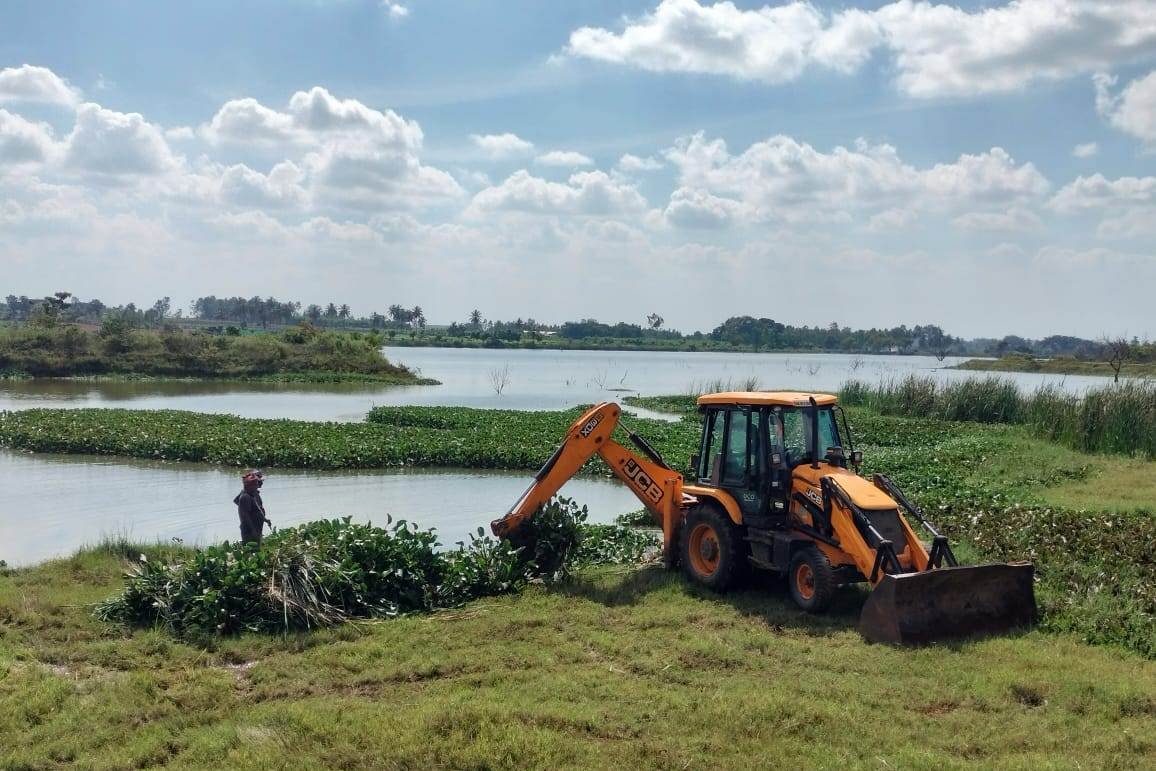
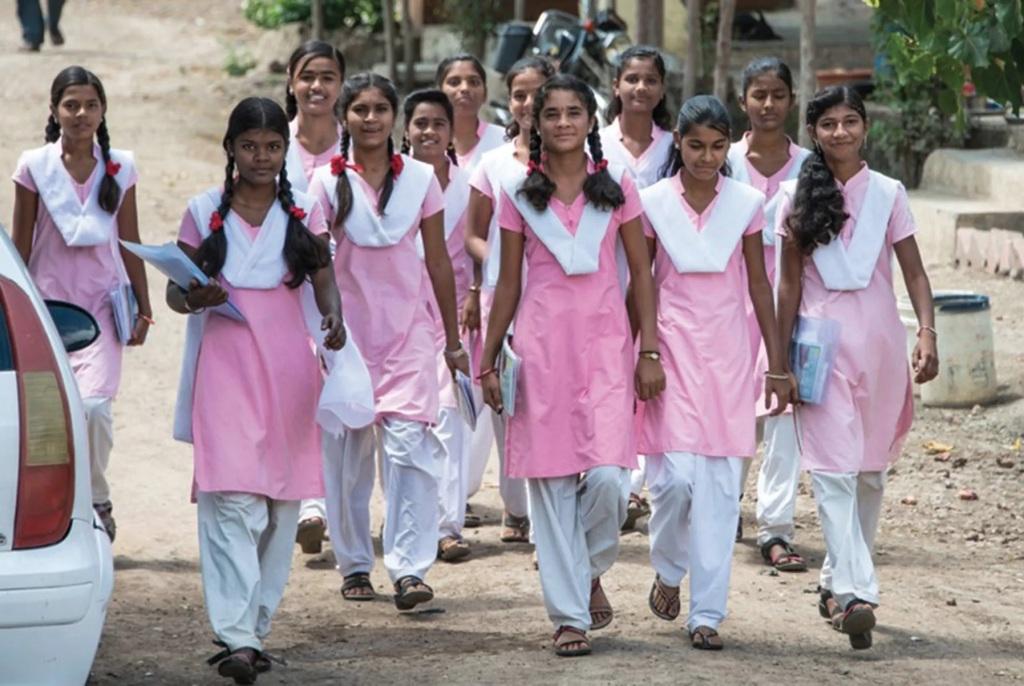


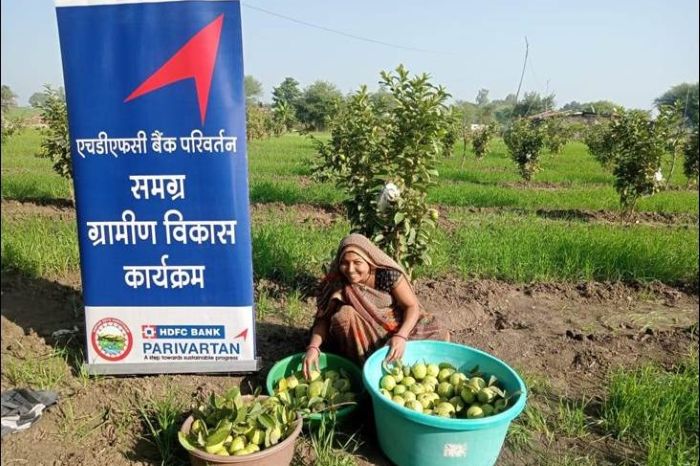
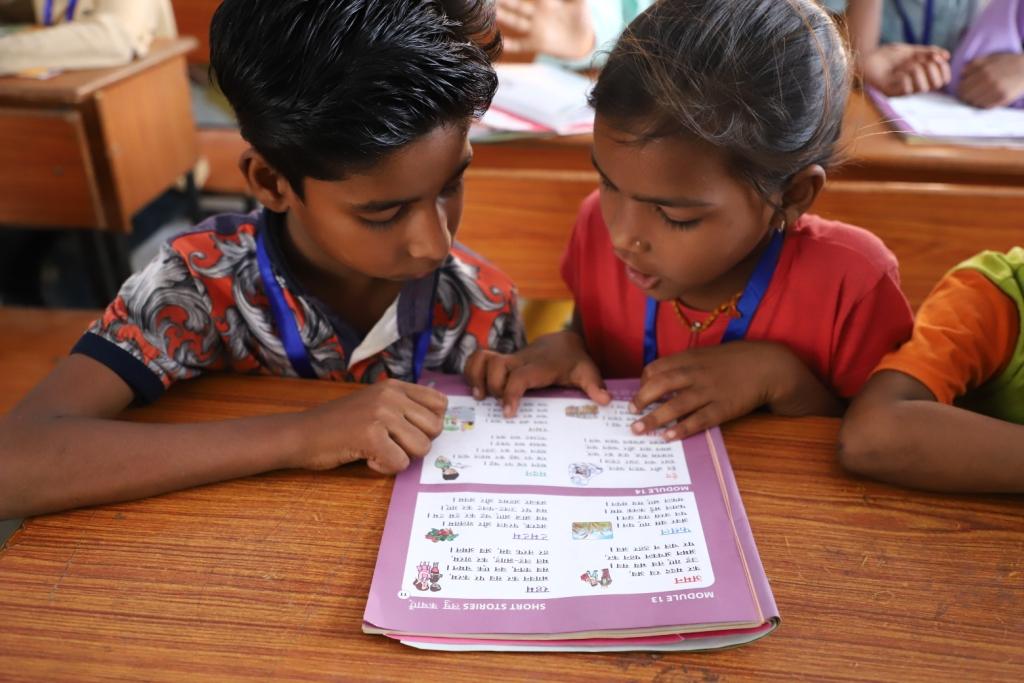
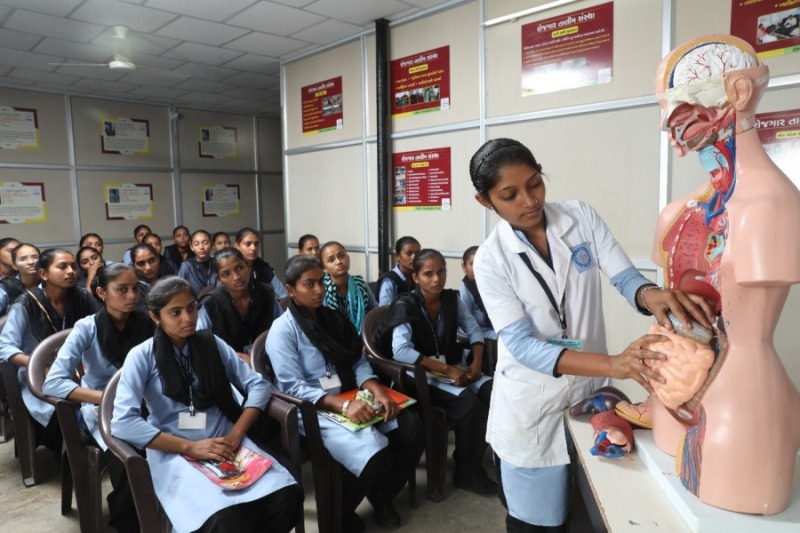

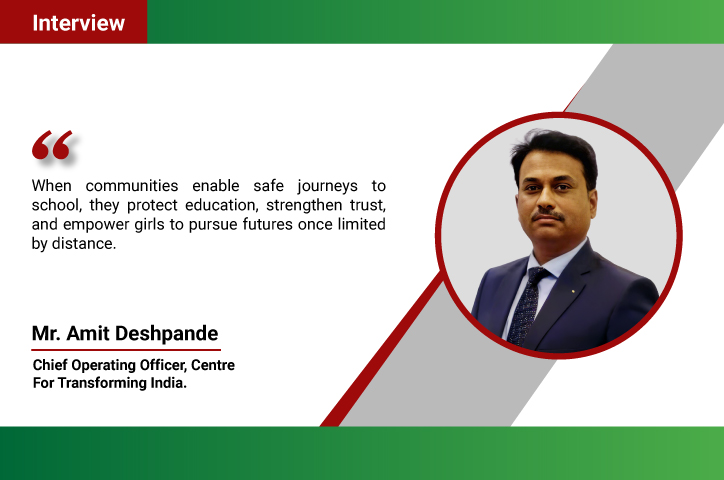






.jpg)



